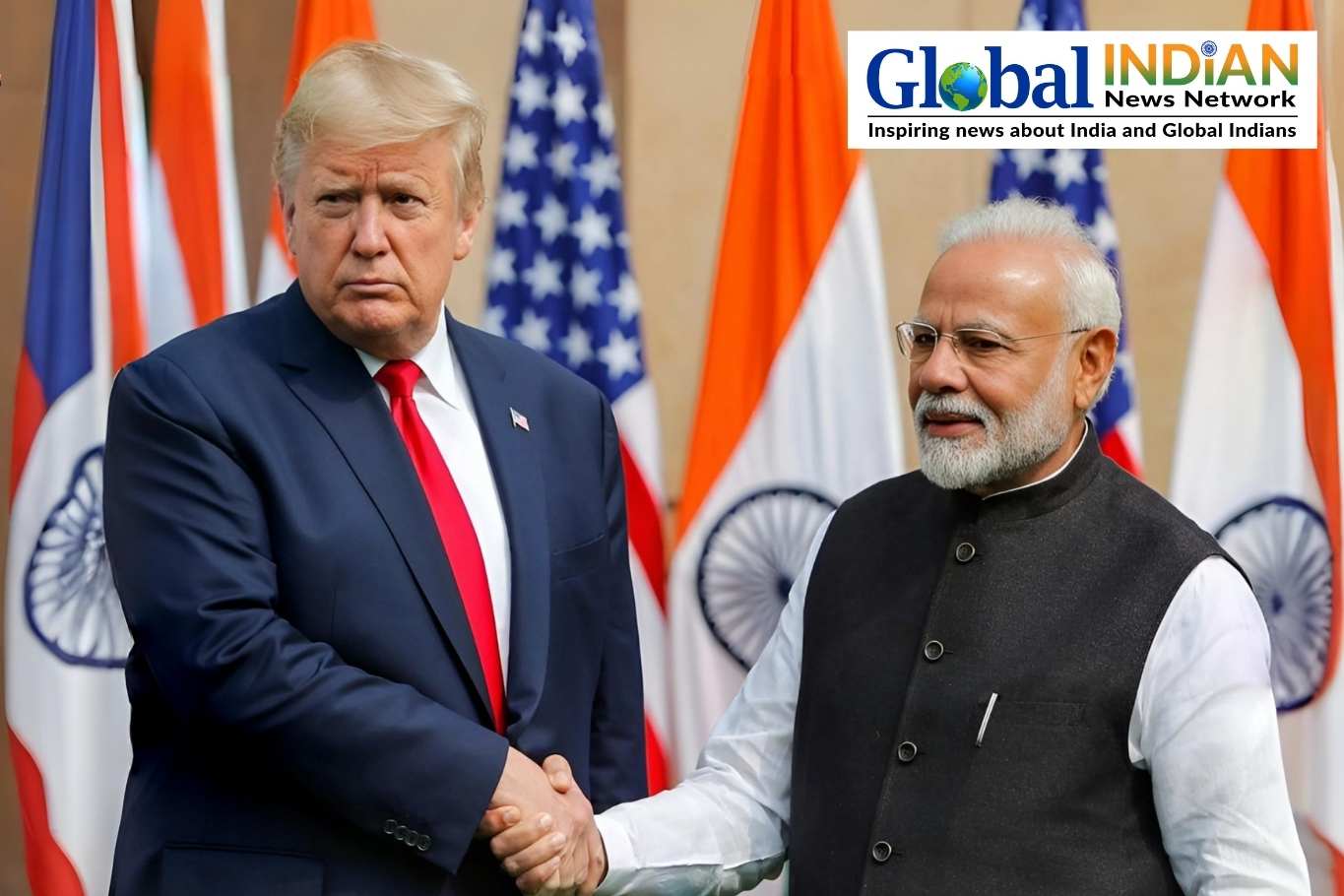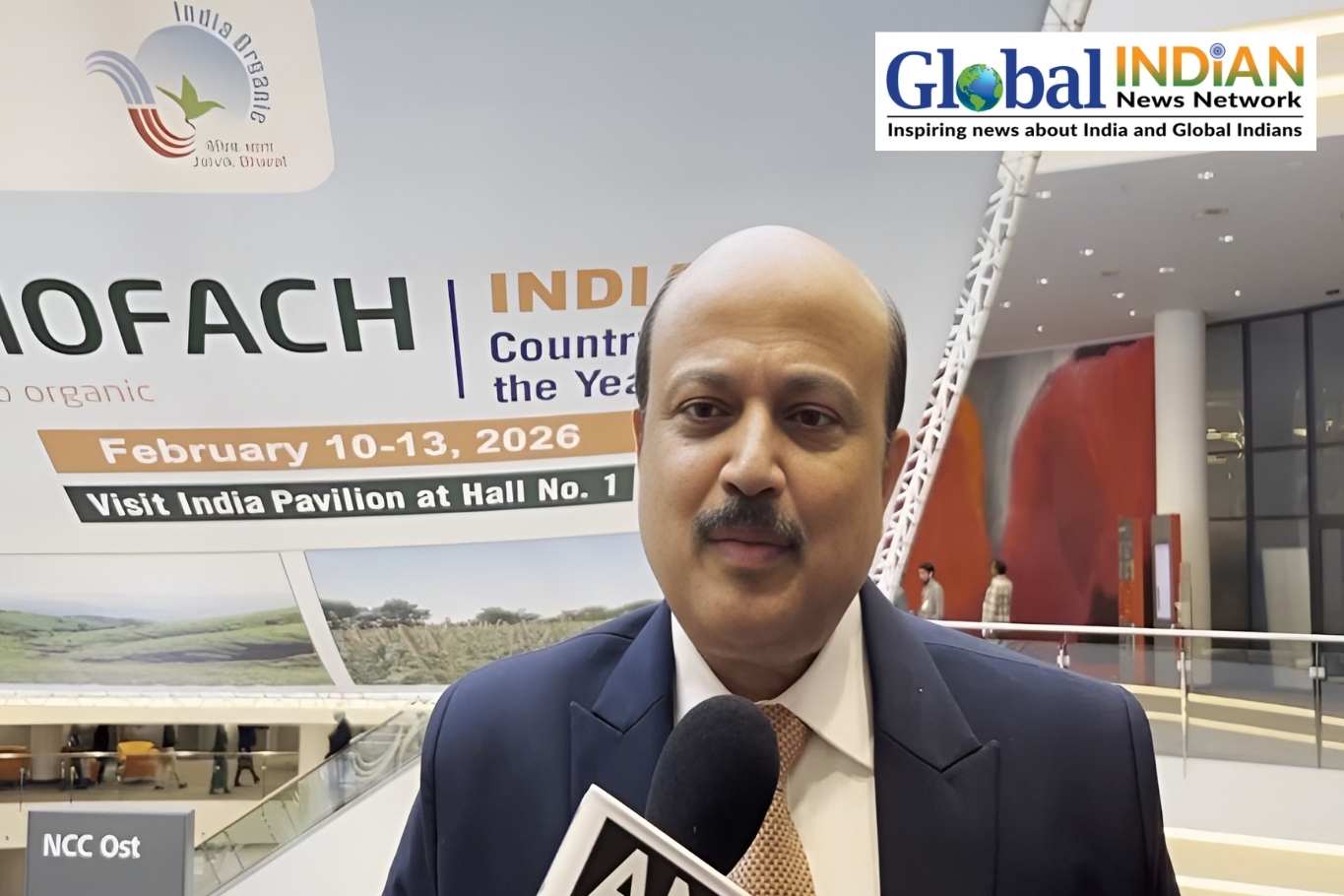
India and the US have announced a broadened collaboration in quantum science and technology, as well as the development of a joint strategic framework for enhancing biopharmaceutical supply chain optimization. Following the second meeting of the US-India initiative on Critical and Emerging Technology (iCET) in New Delhi, chaired by National Security Advisor Ajit Doval and his American counterpart, Jake Sullivan, a joint Fact Sheet was released outlining their collaborative efforts.
The Biden administration committed to reducing barriers for US exports to India in high-performance computing and source code technologies. Both countries aim to promote partnerships between India’s Bharat 6G Alliance and the US Next G Alliance for conducting Open RAN field trials and implementing deployments. This collaboration will be bolstered by US financial backing.
In the realm of quantum science, the two countries will launch a workshop on post-quantum cryptography at the University of California, Los Angeles, and facilitate visits of Indian experts to US national laboratories and quantum institutions. They also intend to broaden cooperation in quantum communication, post-quantum security, and Digital Twins technology.
Acknowledging longstanding cooperation, they praised the US-India Science and Technology Endowment Fund and its upcoming announcement of winners in the “Quantum Technologies and AI for Transforming Lives” competition. They welcomed India’s Centre for Development of Advanced Computing into the US Accelerated Data Analytics and Computing Institute.
Additionally, they highlighted the establishment of the Track 1.5 Biopharmaceutical Supply Chain Consortium (Bio-5), aimed at enhancing supply chain resilience for pharmaceutical ingredients and fostering collaborative R&D. They noted the inaugural joint funding opportunity between the US National Science Foundation and India’s Department of Biotechnology to advance biotechnology innovation.
The joint Strategic Framework for biopharmaceutical supply chain optimization, led by relevant departments on both sides, seeks to strengthen global supply chains and reduce reliance on single-source suppliers.
Further initiatives include the launch of the “Bio-X” initiative to boost biotechnology cooperation, and collaboration on advanced telecommunications, including 5G and 6G technologies. They emphasized joint efforts in Open RAN technology, with plans for large-scale deployments in both countries supported by USAID funding and workforce development programs.
The nations will also enhance cooperation in secure telecommunications products and components, and establish working groups to advance 6G technologies such as network sensing and human-centric wireless access frameworks.









